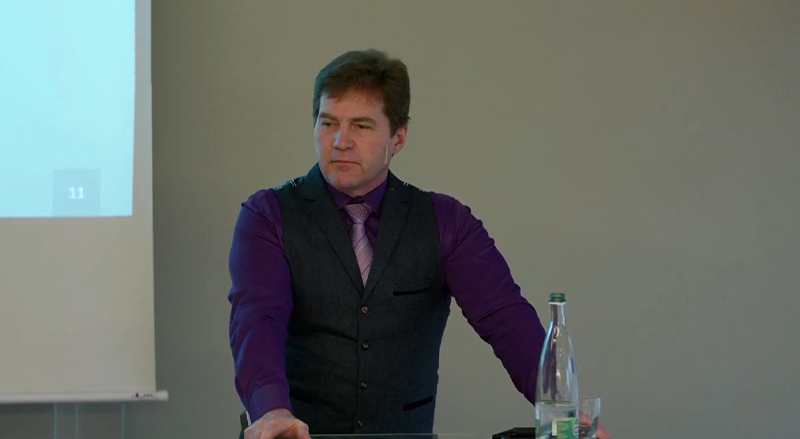The Bitcoin Masterclass (Zurich) Day 2
Dr Craig S. Wright, Chief Scientist at nChain, recently held the third edition of his Bitcoin Masterclass series at an exclusive venue in Zurich, Switzerland. The Masterclass course forms part of a monthly series aimed at helping attendees understand the fundamentals of Bitcoin and the technology behind it.
The Bitcoin Masterclass series will give you a comprehensive overview of Bitcoin’s history, theory and design. Wright discussed the future of Bitcoin and the unbounded scalability of nChain’s blockchain solutions, focusing on accounting and mapping transactions on-chain.
In the final session of the Zurich masterclass, Dr Wright discussed creating an accounting platform and provable asset ownership linked to identity. He began the session by asking the audience: ‘If I have something stolen, what am I trying to prove?’
Reliable information simplifies our lives
Wright noted that if someone owns something it doesn’t always mean that they possess it. He gave the example of someone who has a car which multiple people use in a family or a valet service.
‘When you park your car in London, how many miles would you expect to see on your odometer? The number shouldn’t change much unless someone is driving twenty miles out to park it. So what you want to do is to check the information.’
Wright noted that this can be done in several ways with a car (such as taking a photo of your odometer with your phone) or getting a person to sign a contract, but that this is ultimately quite cumbersome.
‘Instead, we can have these contracts automated, rather than having to write them ourselves, it simplifies our life. And we can have all this pre-done as you don’t want to refill out your details every time you park your car. You can have applications that can simplify everything.’
Other topics covered by Dr Wright in this final session include:
- Occupational health and safety;
- Connecting APIs;
- Data retention;
- Copyright;
- Land title records;
- Intellectual property;
- Auto-contracting;
- Consensus methodologies.
The future is data
In this closing session, and throughout the masterclass, Wright warned that the future will inevitably lead to the collection and storage of vast amounts of personal information. He added that this future is likely – regardless of whether a scalable Bitcoin blockchain is used for data storage or not.
While privacy laws can provide temporary safeguards, they alone cannot offer a lasting solution. This makes widespread blockchain adoption necessary. Such a system would not only prioritise the availability of information but also ensure privacy protection. Additionally, it should possess the necessary technological advancements to streamline these processes, making them efficient and effective.
